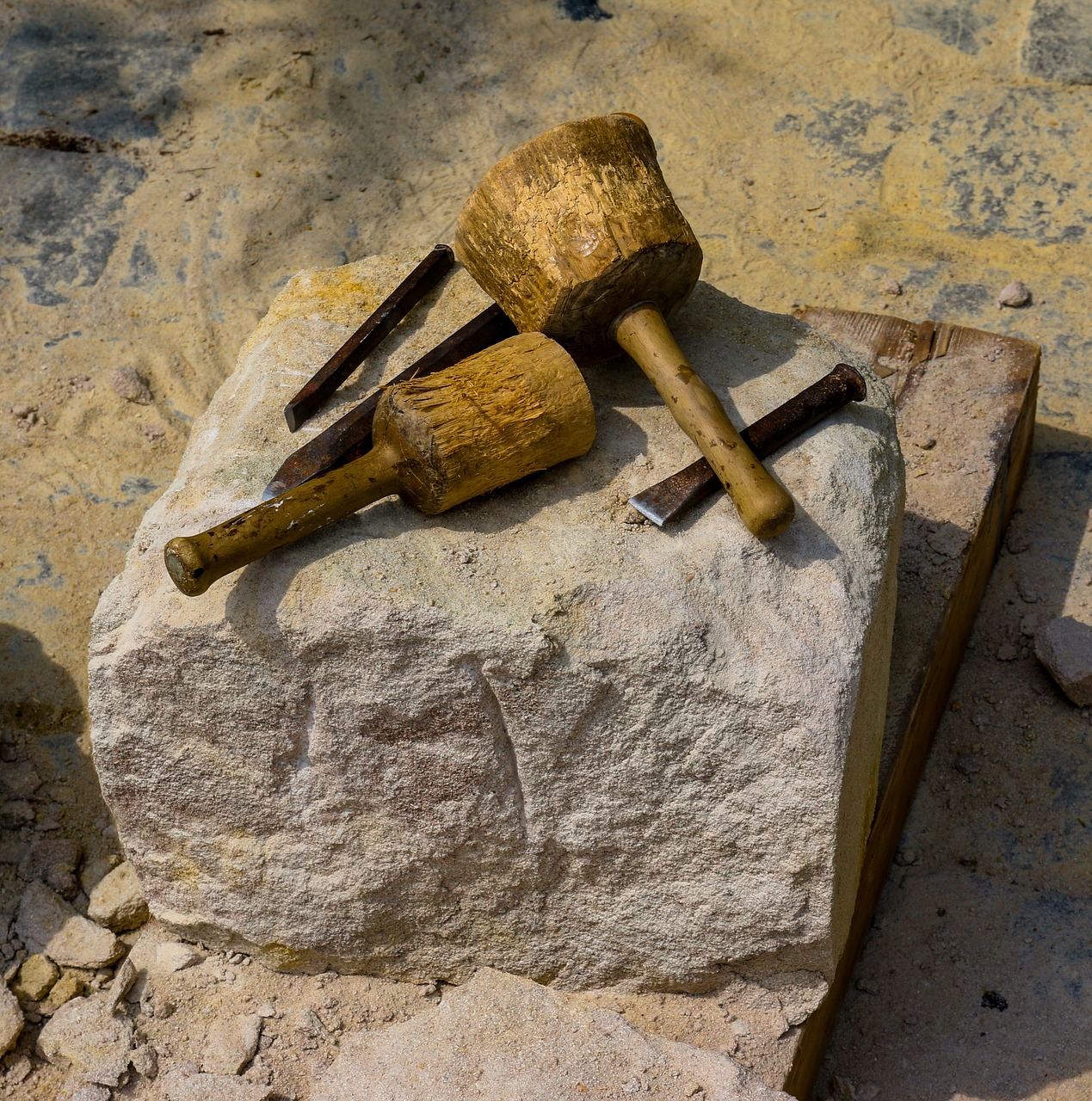In our September 2023 meetup, the concept of having an ideal shape in terms of our character was raised and discussed. I was intrigued by the discussion, and it prompted me to do some further reflection and reading.
One question I’ve been thinking about is, how do we shape ourselves appropriately to fit with Nature?
It’s a question worth thinking about. Our lives are full of a series of events that happen to us, which we will need to respond to. Since we will need to respond (even doing nothing is a response), our goal should be to act appropriately in each situation. To make the right decision. Do the right thing. Therefore, we want to develop ourselves so that we have the right ‘shape,’ so to speak. If we have a ‘good’ shape, we will respond well. If we have a ‘bad’ shape, then we will react inappropriately.
Cicero, in his piece On Fate, introduces Chrysippus’ metaphor of a cylinder.
The idea is thata cylinder is stationary and an event will cause it to roll forward in motion. The shape of the cylinder will determine how it rolls. If the cylinder is smooth and shaped naturally, then it will be able to handle the motion well. It can act appropriately and in accordance with it’s nature. If there are blemishes or bumps in the cylinder, it won’t roll as well.
Having a ‘bad’ shape will cause us to act inappropriately. Some examples include:
- chasing externals
- not having resilience
- being mean
- losing our temper
- sending a badly worded email
- applying incorrect use of reason
- thinking we have been harmed when we haven’t
- not applying knowledge
- not fulfilling our roles and duties
If we are like a cylinder, and events are going to happen to us and push us in motion, then, as individuals, we should want to have the best shape possible. To become a perfectly formed cylinder that is able to roll properly. To be someone whom easily acts and responds to the situations that life sends our way.
So how can we develop our shape?
We should focus on making progress.
“I view with pleasure and approval the way you keep on at your studies and sacrifice everything to your single-minded efforts to make yourself every day a better man”
Seneca, Letter V
Just as a builder learns more about building and the foundations that are needed, and a carpenter about how to lay carpet properly, or a teacher to teach, so too should we learn how to shape ourselves correctly.
As our shapes are currently not perfect, this means we will make mistakes. We will learn through getting things wrong. Just as the strongest trees and branches need wind so they build their strength, we also need to experience events we don’t enjoy to build our own resilience. Each of these events, where we reflect, learn and make adjustments, helps us to make progress and shapes ourselves better.
To get stronger, we know that we need to regularly go to the gym. We can lift weights, go for a run, challenge our body physically. Over time we reap these benefits. We’ll get up early, do hard workouts, make a schedule.
Developing our shape also requires this type of dedication. We need to train our minds. To develop our reason. To build the right knowledge.
Virtue
Virtue is living life well. Having the correct knowledge (or virtue) shapes our character. It gets us to a smooth state if we want to become a cylinder. This can also translate to our indifferences. We can have preferred indifferences if we have the appropriate knowledge on how they will benefit us – such as health and wealth.
Duties
We have duties within the context of where we are. Therefore, what duties we have will be different to all of us. Carrying out our duties improves our shape.
To give some examples, rather than strict rules:
- we have a duty to care towards our neighbours. If we check in and during a time of grief drop off food and be there – our shape improves
- we have duties and responsibilities toward our community. If on my morning walk I stop and pick up some trash and dog poop, then I am acting virtuously and developing my shape
We have obligations and duties to many people. If we work outwards, it starts with our self, our wife, children, family, community, region, country, world. Events are going to push us into motion constantly. We’ll have to help and care for others. Have a tough conversation. Do what we say. Having a better shape will help us to respond the best way that we can. To be able to shoulder the responsibilities that we have. To carry out our duties. To act appropriately.
With a better shape, we can roll further and do more.
For me, it’s a constant work in progress. A journey I’m excited to be on. One where I can, in time, improve my shape and carry out more of my duties.





